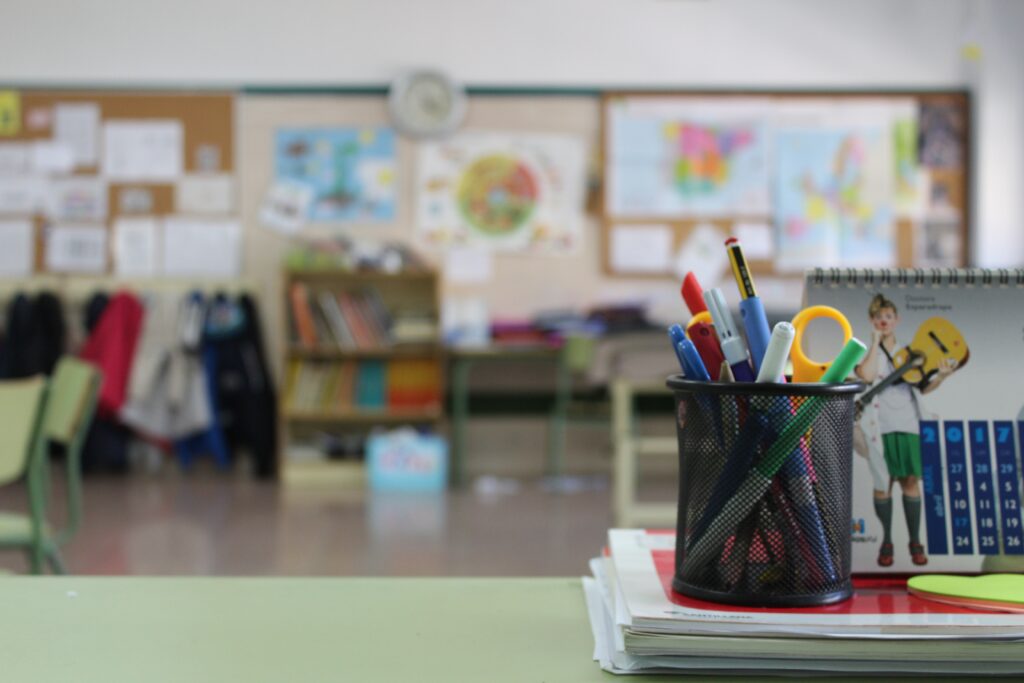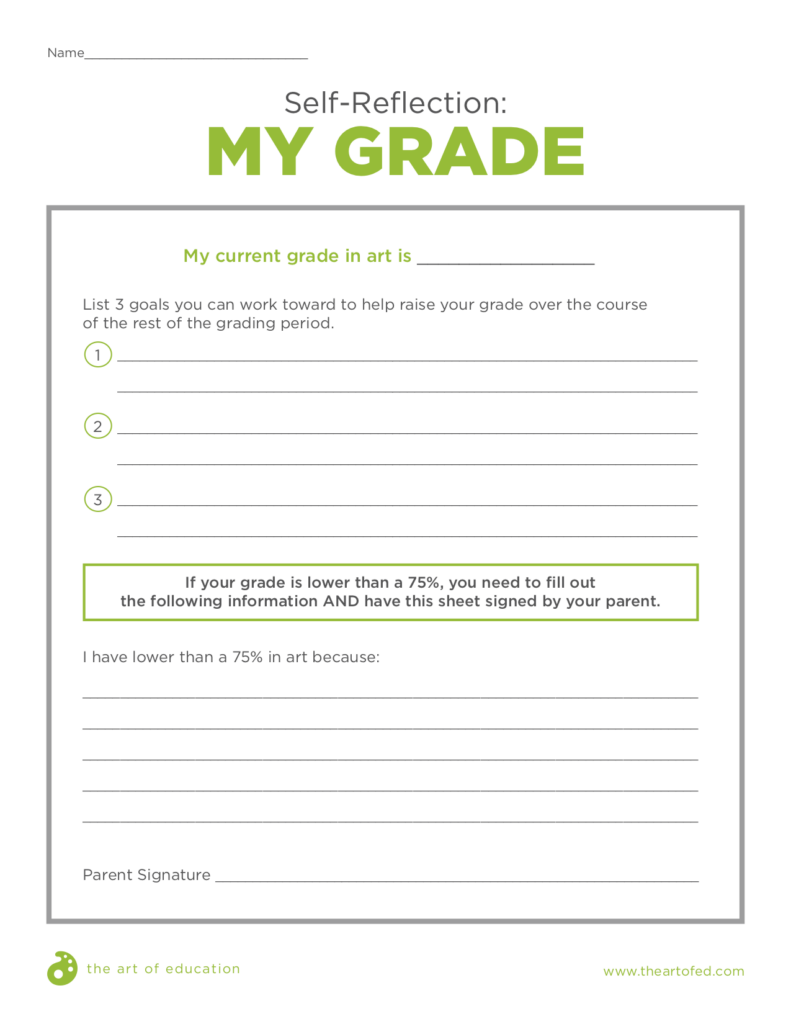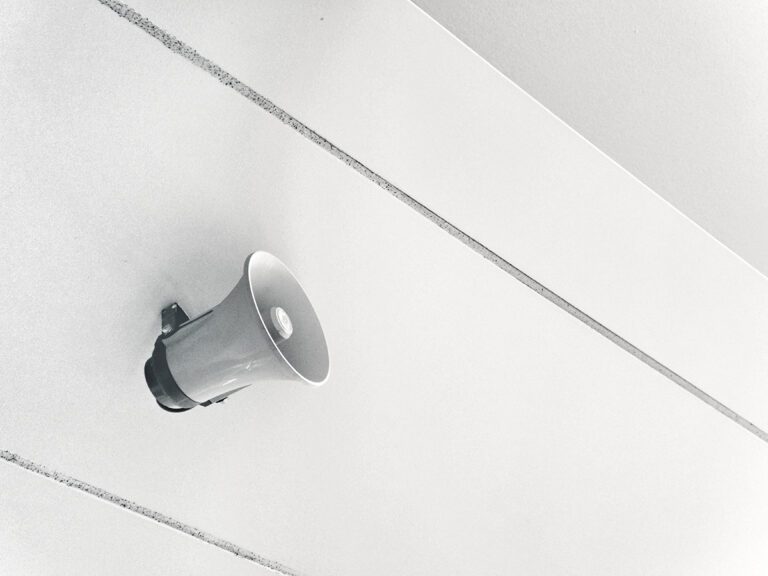When I first started teaching, I dreaded the end of the grading period. Students lined up wanting extra credit who placed the blame for their poor grades on me. Report cards would go home, and I’d receive angry parent emails wondering how in the world their child got a “C” in art class.
While I’m sure there were only a few emails, the weight of them felt like hundreds.
I knew there had to be a better way.
So, how do we increase communication about students’ grades without increasing our workload?

The first way is to stop avoiding the fact that a student isn’t doing well. It doesn’t do you any favors, and it certainly doesn’t do the student any favors. You must teach students to be responsible for their grades. The way to do this is to have honest conversations with students and parents about your expectations and assessment procedures. Don’t wait until conferences when it’s too late for improvement!
It took me a few years and a handful of meetings with frustrated parents to develop a plan that worked well for all parties: Grade Reflection Sheets.
In my classroom, students completed a grade reflection sheet twice per grading period, once at the midpoint and again about two weeks before the grading period ended. I had students log onto their grade book to check how they were doing and record it on the sheet. Then, they used the sheet below to set realistic goals for the rest of grading period.
Using the sheet above, you can see all students are asked to come up with three actionable goals for the rest of the grading period, while those with lower grades are asked to complete a few additional steps. If you have a student who misses a lot of class, print out a progress report and mail the report along with a blank reflection sheet home.
4 Reasons this Method Works
- It provides you with documentation that ALL students are aware of their grade.
- Students with low grades can create an improvement plan.
- It sets the tone for students that they EARN their grade and need to take responsibility for it.
- You no longer need to think about what to write to parents. Instead, you can scan the student’s form and send it to them.
This year, don’t wait until parent-teacher conferences to drop the bomb that a student is failing. Be proactive, put the student in the driver’s seat, and save yourself the time and frustration.
What is the number one phrase you hear from parents when a student earns a poor grade?
What can you learn from that phrase, and what tool can you develop to change the conversation?
Magazine articles and podcasts are opinions of professional education contributors and do not necessarily represent the position of the Art of Education University (AOEU) or its academic offerings. Contributors use terms in the way they are most often talked about in the scope of their educational experiences.






